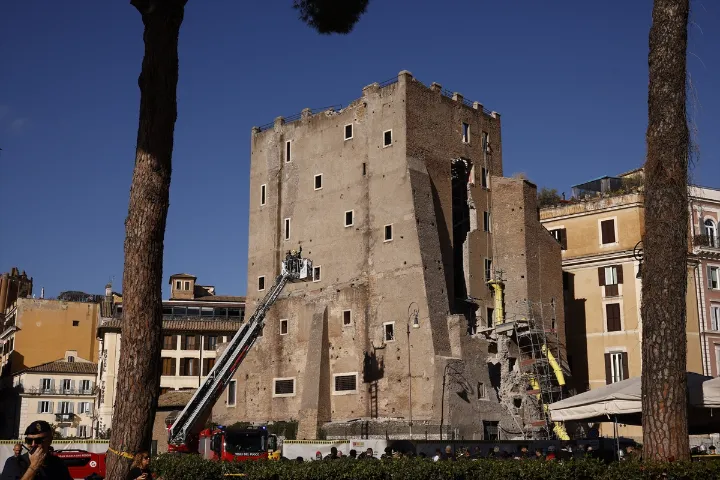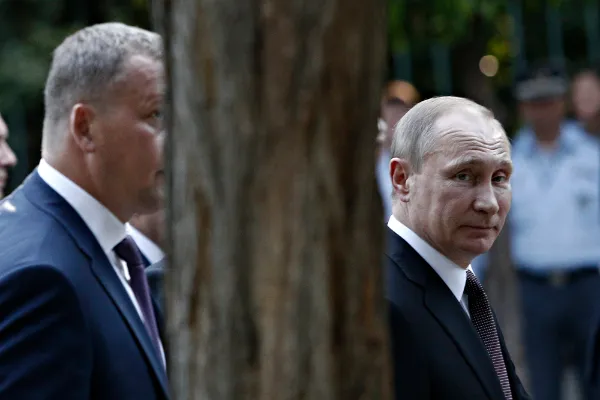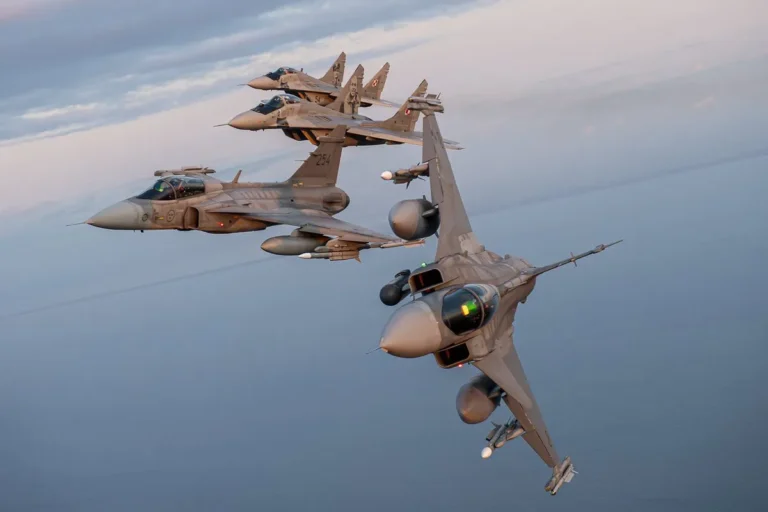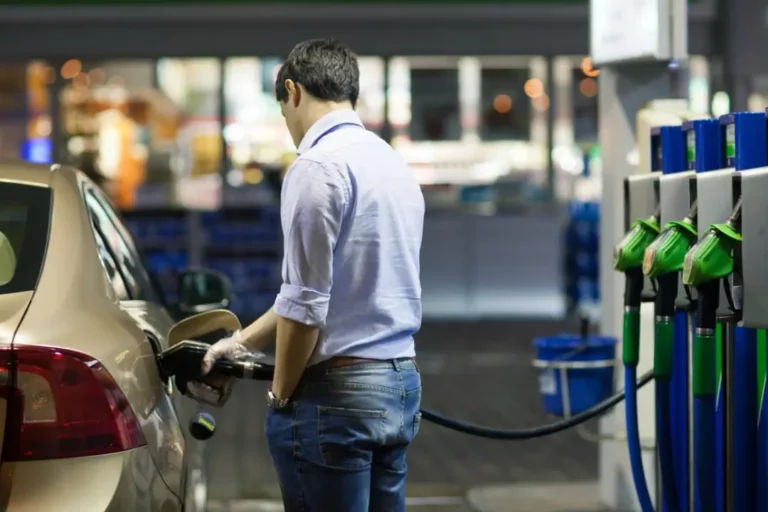Russia
Orbán claims victory: Trump grants Hungary full sanctions waiver on Russian oil and gas

Open endorsement at Trump–Orbán meeting: “I will support Orbán, I do not know his opponent”

EU tightens visa rules: No more multiple-entry visas for these travellers

Orbán’s pro-Russia stance brings the two major US parties together: Democrats and Republicans send joint message to the Hungarian PM

Horrifying: Former head of Russian Orthodox Church in Hungary climbing into bed next to an altar boy

Hungary’s Paks NPP extension project gets crucial permit

Heated debate between Russia and Italy following the tragic collapse of symbolic Medieval tower in Rome – video

Ukraine will not receive the American superweapon—at least, not yet

Russian, Chinese hackers leaked Tisza supporters’ data? PM Orbán’s challenger, Péter Magyar, changes strategy

Romania could soon become a new gas power, with Hungary playing a key role

Trump says Orbán requested exemption from Russian oil sanctions – Here’s how Washington responded

Here’s when PM Viktor Orbán will meet Donald Trump

Did Putin lie about his age, parents, and citizenship? Strange gaps in his biography may finally be explained

Russian plane intercepted again over the Baltic Sea

PM Orbán: Europe much stronger than Russia, we have nothing to be afraid of

FM Lavrov gives interview to Hungarian pro-government Youtube channel – Video

Zelenskyy: Ceasefire plan ready within 10 days

Hungary faces sharp fuel price increases – here are the reasons why





 ZH
ZH IT
IT DE
DE HR
HR NL
NL FR
FR JA
JA RO
RO RU
RU ES
ES TR
TR
